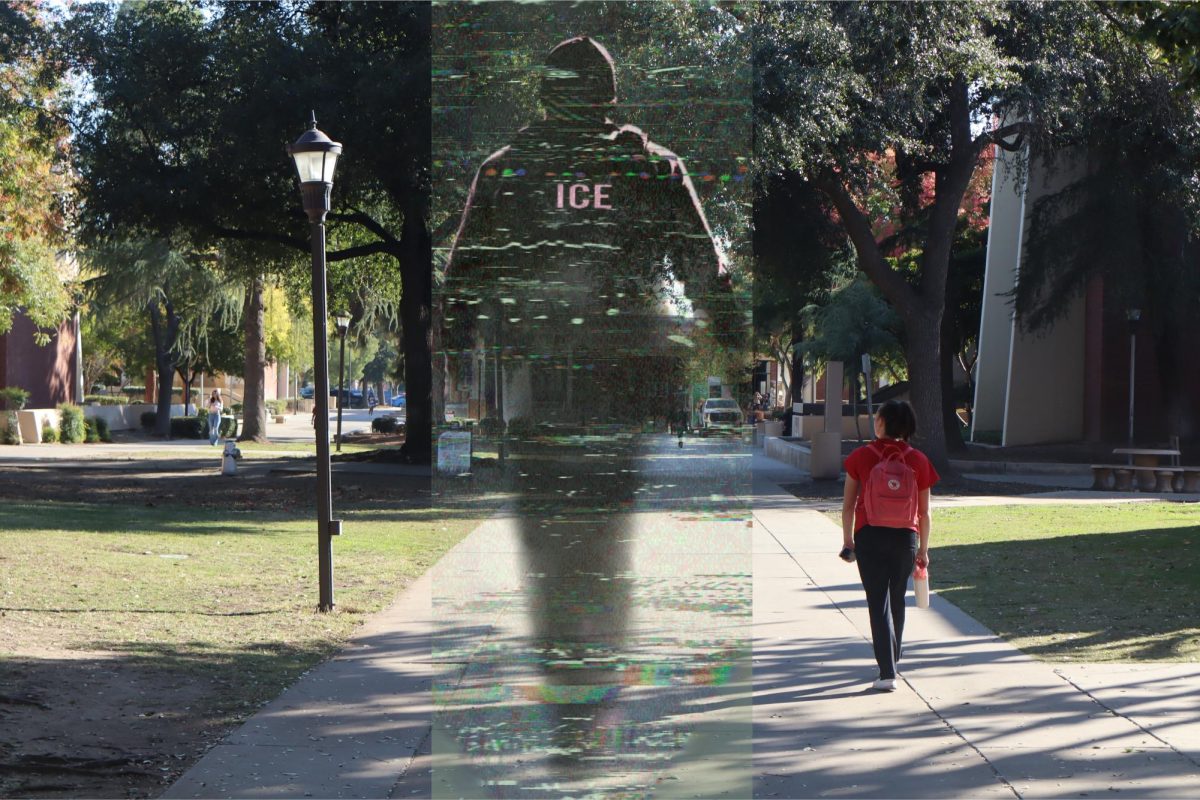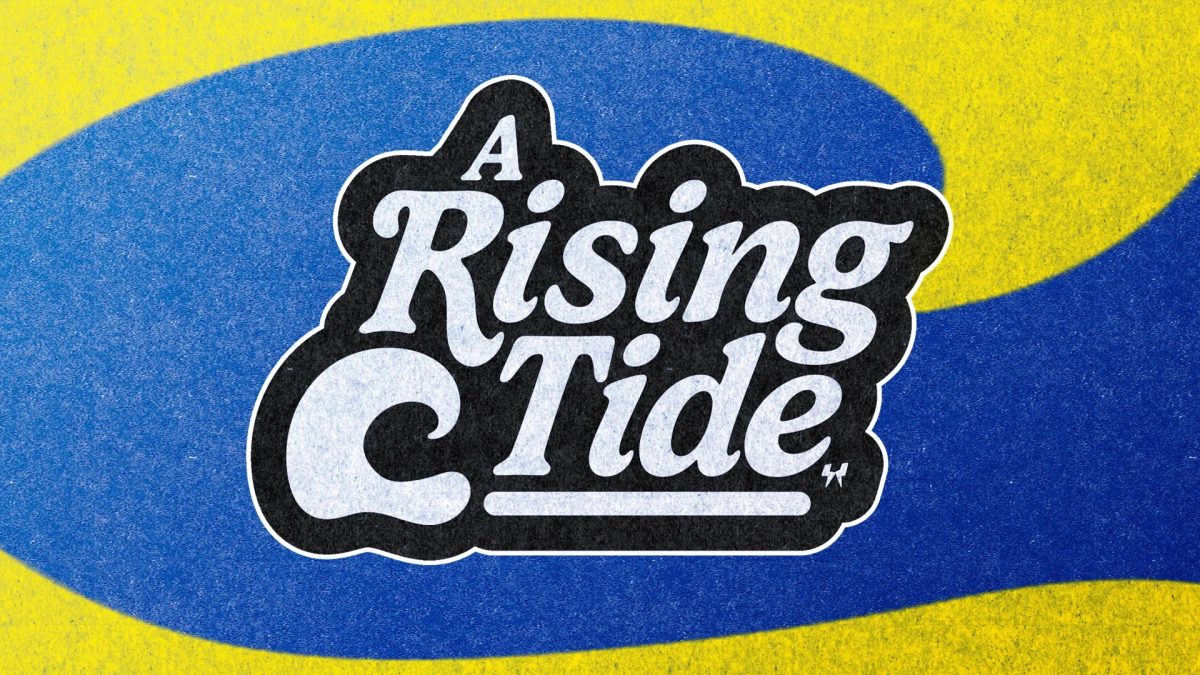Students who take a class and either fail or withdraw from it, often rely on the fact that they may be able to retake the course. But with the new repeatability guidelines which will be effective in the summer of 2012, students’ ability to retake a course may be a more difficult venture than before. Even if students feel they need more practice to move up to the more advanced course, they might not be able to take it again.
The college’s course catalog details the number of times students can take the course again if they are looking to improve a skill learned in the course.
“So many courses were designed to allow repeatability even when you have succeeded in the course, even when you have an A,” said Claudia Habib, president of the Academic Senate at Fresno City College. “At this point, because of the financial crisis, we have to prioritize. Theater arts, music and athletics definitely were the areas of most concern, and that’s why we have made an effort to take the out repeatability from other courses, so we can justify and support those areas.”
For example, a beginner’s music class might need to be retaken, even if the student passed the class, in order to improve the skills learned before going into the intermediate or otherwise more advanced course.
“Simply put, we need students to repeat a course in order to improve their knowledge and skills in learning their musical instruments,” said Larry Honda, FCC music instructor.
It’s not clear at the moment how much these types of courses will be reduced in the number of repeats allowed.
Sarbjit Johal, chair of the Curriculum Committee said the major concern is going to be for students in fine arts, theater and music.
“The music faculty would say that it takes away from practice time or reaching proficiency if they don’t have enough chances to repeat the class,” Johal said. “What are we saying when we give someone a C in the class? And then we say, OK now you need to take it again.”
In addition to the repeatability changes starting this summer, the rules for repetition also changed at the start of the spring 2012 semester. Repetition is when students take a course again to improve upon a substandard grade (D, F or NC). Students have a total of three attempts before getting locked out of the course and will have to petition to retake it.
Withdrawals count. If a student fails a course twice, and takes a W the third time, that’s it; they’re done. In order to take the course again in an attempt to pass the class, students must petition the college for permission to take it again.
Prior to this change, students could take the class several times, as long as they did not get three W’s or three F’s. If the student had two of each, it only counted as two of each, not four.
This can be a scary prospect, especially for a general education class, and even more so when there’s only one option, like English 1A or maybe a prerequisite class like Math 101. But an attempt is an attempt. Once a student bails out on a class or fails it, graduating from college gets a little bit harder.
Categories:
New policy to affect students’ ability to repeat courses
Story By: Troy Pope, Rampage Reporter
February 15, 2012
1
0
More to Discover






